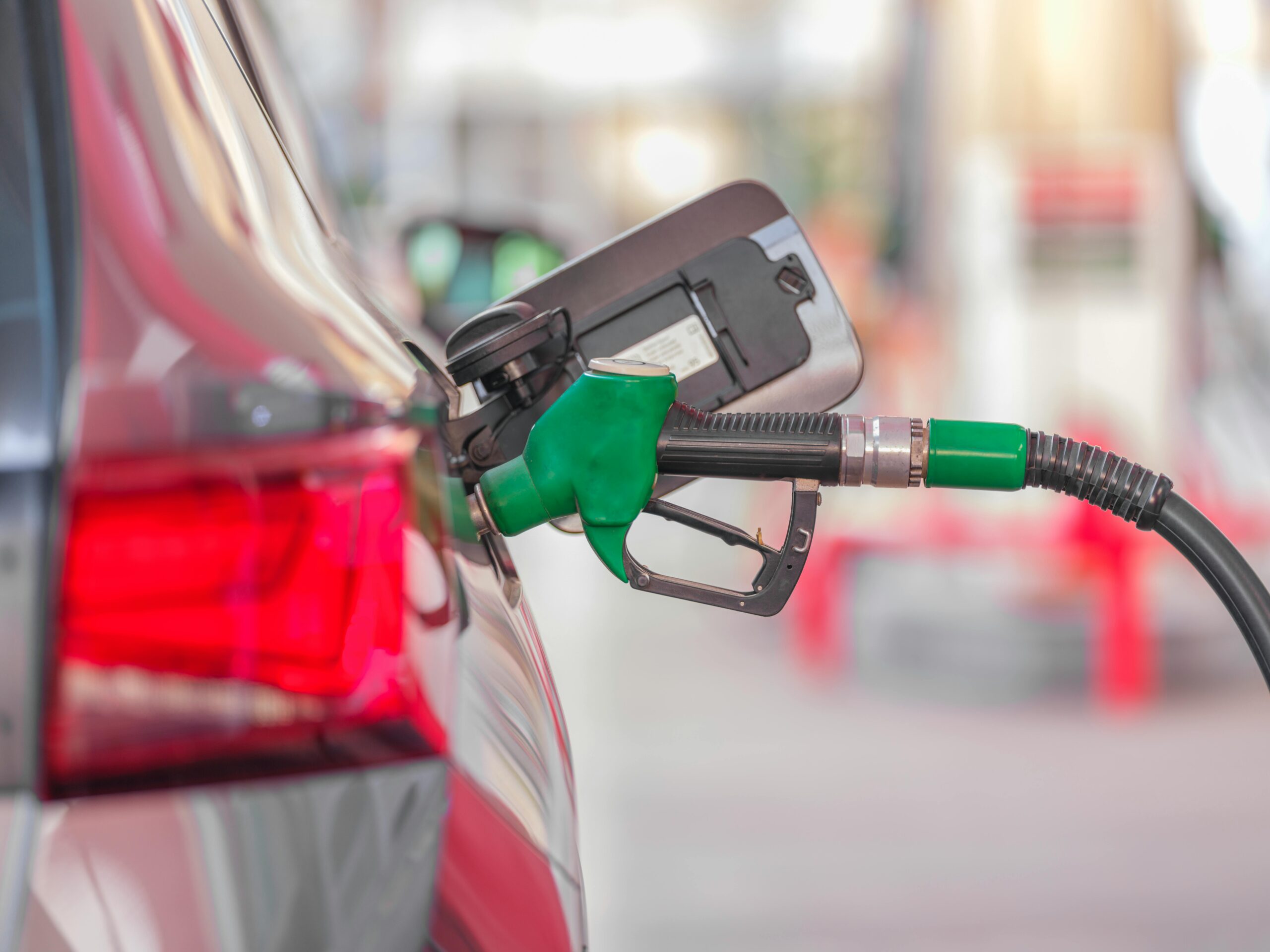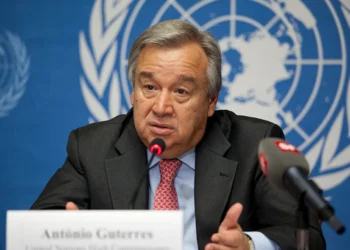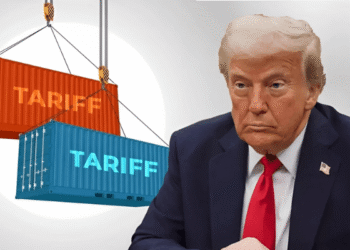The ongoing fuel queues, an agonizing representation of the continuing challenges our country is grappling with, occupy my mind as I think about these countless Nigerians losing track of time and money. The endless lines are a symbol of our country’s inefficiency, corruption, and more. A painful realization that, despite being Africa’s largest crude exporter, we can’t provide stable energy for our people.
Recent policy shifts, especially deregulation, show some light at the end of the tunnel. However, let’s face it: we are nowhere near ending this menace of petrol queues. It is time the authorities had the guts to tackle the roots: domestic refining, graft, and decaying infrastructure.
Selling off our oil refineries is more prudent than investing billions into their refurbishment. It doesn’t make sense that we have had fuel crises since 1995, when there are four state-owned plants producing a total of 445,000 barrels per day. The result of abandoning local processing plants has been the timer at which fuels reappear, followed by their lack of availability, and here we are paying for such nonsense.

One aspect of it is that the marketers take advantage of scarcity, and, as such, they sell petrol at high prices, which in many states ranges from N800 to N980 per litre, while in some areas it costs more than N1,000. The government’s silence is deafening, as are their tired excuses. Blaming transhipment, panic buying, or hoarding won’t suffice. Rather, what we need today as citizens is action, not mere promises.
The queues for fuel originate from complex supply chain inefficiencies, graft, policy inconsistencies, and disintegrating infrastructure throughout history, which have thus far been very much contradictions within our oil sector management approach, especially when looking at subsidy regimes over time. These subsidies were meant to lower prices, but have become grounds for rent-seeking behavior and corruption, leading to artificial scarcities and creating long queues.
Another factor that exacerbates this issue is our dependence on imported refined petroleum products from abroad. Although having a single large-scale refinery like Dangote’s may sound encouraging, privatizing state-owned refineries, as well as encouraging modular refineries, could be more effective in all parts of the country.
To completely end fuel queuing, a comprehensive approach that addresses the basic systemic problems in the energy sector is required. Recent policy changes are promising, but their success is contingent on effective implementation, infrastructure development, and transparency.

















